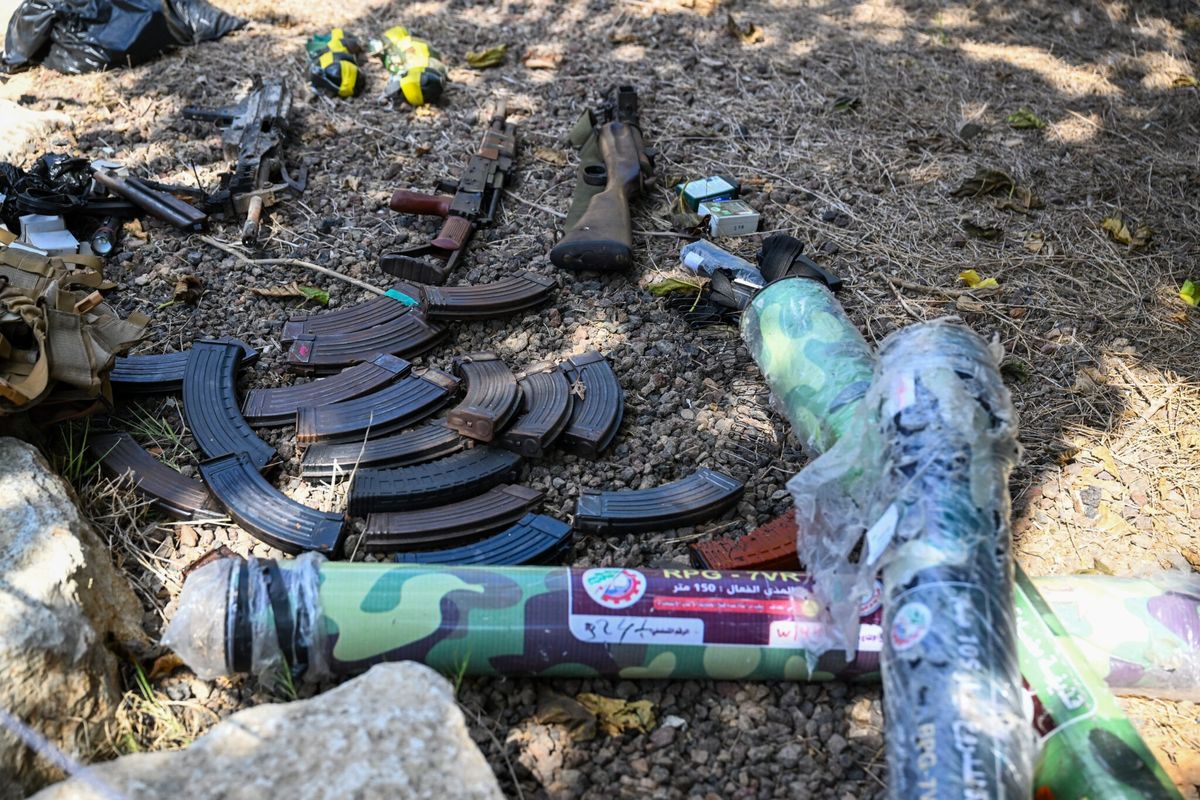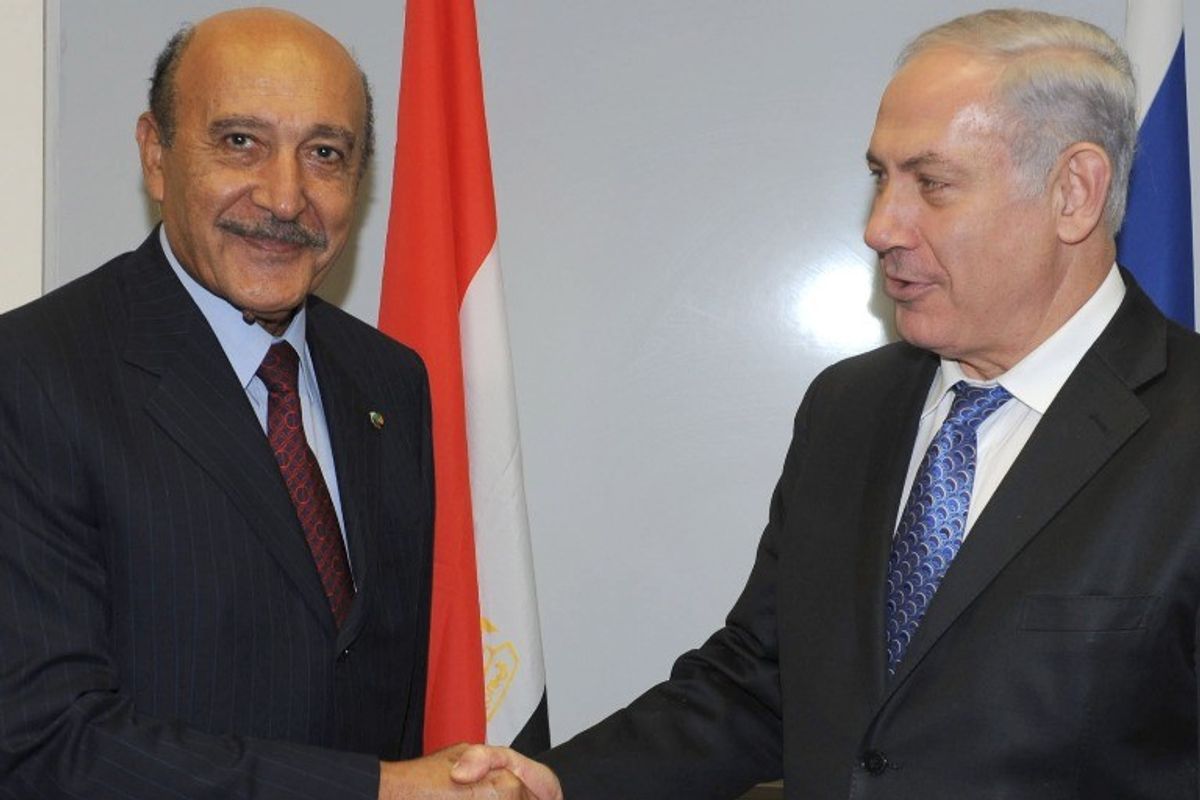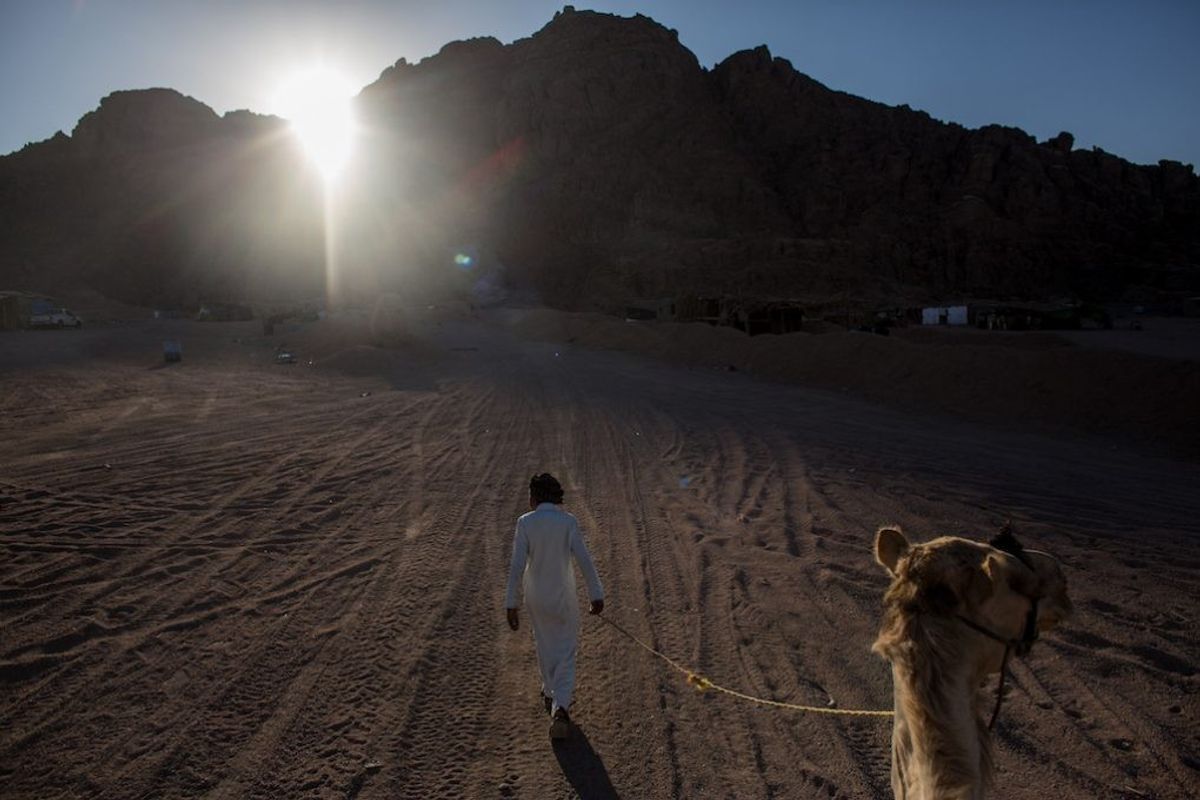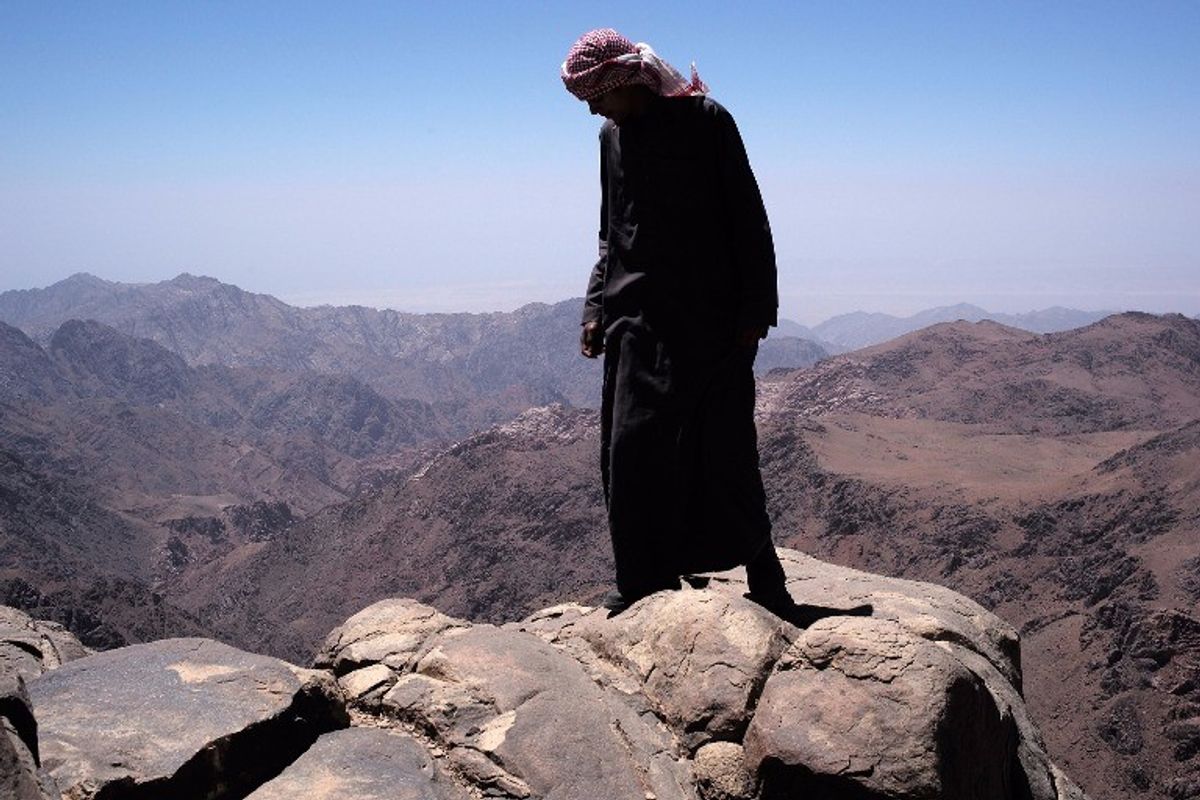Three years ago on August 14, 2013, nearly 1000 Islamist protesters were killed by Egyptian security forces in Rabaa and Nahda squares in Egypt’s capital. The Muslim Brotherhood (MB) and its Islamist allies had camped out to protest the popularly-backed coup that ousted the Brotherhood President Mohamed Morsi the previous month. The hastily put together protest camps were the Brotherhood’s last stand as they saw themselves falling from power just as quickly as they had seized it. The Brotherhood’s world crumbled that day and the organization has yet to recover, if it ever will. The clearing of Rabaa proved to be the group’s Karbala moment, the defining moment in the 7th century when Muhammad’s grandson Imam Hussein was decapitated by a Sunni army and around which Shiism still revolves.
The countdown to August 14 had begun long before the coup. Following the 2011 revolution, the Brotherhood sought to amass political power and believed that it could co-opt Egypt’s military and security institutions. However, the group gained power faster than it could gain legitimacy or build political consensus.
It was clear then that the road for any civilian president would have been treacherous in a country run for decades by military men, let alone for an Islamist president. Despite this, Morsi quickly alienated the opposition and pushed the country to the brink through incompetent governance. The nature of the Brotherhood—inward looking, deeply hierarchical, and built on near blind obedience—made it especially unfit for compromise, a necessary quality when governing 90 million people. In short, the Brotherhood set itself up for failure and the inevitable return of military rule.
The unprecedented blood spilled on that day promised to set in motion an endless cycle of violence between the regime and the Islamists. There was certainly violence and instability immediately following the coup. But most analysts, myself included, overstated the Brotherhood’s strength and believed that Egypt would be mired in endless debilitating crises. It was believed that stability could only return with reconciliation. Yet Egypt has moved on without the Brotherhood. To be sure, the country continues to face serious economic and security challenges and is increasingly authoritarian, but it is not a country on the brink of collapse.
The reality is that President Sisi’s campaign of repression against the Brotherhood has succeeded in weakening the organization and safeguarding his rule. Thousands of MB leaders are in prison, and many others are in exile.
Some elements inside the Brotherhood, including some at the highest levels of leadership, have deployed varying degrees of violence in an attempt to destabilize the regime. Although this terrorism has resulted in the deaths of several hundred Egyptian servicemen, as well as millions of dollars in damages to Egypt’s infrastructure, it is largely kept in check by authorities.
The Brotherhood is now an organization in shambles, slowly rebuilding its networks across Egypt and attempting to lead an opposition from exile. The movement has been largely divided over the question of what strategy to pursue to topple Sisi. Some advocate violence, while others are biding their time, hoping that a combination of protests, international pressure, economic sabotage, or an unlikely counter-coup might rid them of Sisi. Most seem convinced that a revolution is just right around the corner, as far away from reality as this is.
This is sometimes portrayed as an internal struggle between hawks and doves, but in truth, both sides are as rigid as the other and do not seem to have learned the fundamental lesson of why they failed. The Muslim Brotherhood and its apologists continue to blame Morsi’s overthrow on a “deep state” conspiracy in league with regional powers and the West. When asked, many say the Brotherhood’s real mistake was a failure to thoroughly purge military and state institutions while in power.
The regime’s tactics have been brutal. There are numerous accounts of torture and other abuses. This, alongside Islamists inciting violence, has helped contribute to radicalization among imprisoned Islamists. But the reality is that prison radicalization is a long-term problem for the regime, something to be faced when these would be terrorists are released from prison. In other words, the Brotherhood and violent groups connected to it have been manageable problems for Sisi in mainland Egypt, as existential as the tenor of the conflict may seem.
These dynamics guarantee that there is unlikely to be significant change in the relationship between the Egyptian regime and the Brotherhood in the foreseeable future.
The Brotherhood has simply been too ineffective in its bid to destabilize the country for Sisi to have an incentive to make peace. The group has little, if anything, to offer Sisi so long as he is able to keep them in check and this will likely be the case for the foreseeable future. The Brotherhood’s famed social services system has turned out to be a paper tiger, rather than being a “parallel” state taking care of Egypt’s needy as analysts had believed. Egypt’s massive informal charity network has corrected itself and the gap left by the Brotherhood was quickly filled. Even in this perceived area of strength for the Brotherhood, Sisi doesn’t need them.
The Muslim Brotherhood, for its part, seems to be content with hoping for “revolution” to regain power, reveling in their victimhood mentality and the Karbala moment of Rabaa. In the process, more of its cadres and supporters grow susceptible to radicalization and could swell the ranks of Jihadist and other militant Islamist groups. Yet, so long as the group continues to be convinced that it can vie for “reconciliation” and negotiate on equal terms with the regime, there will be no end in sight. Instead, the most realistic outcome is agreeing to the terms of their surrender, conceding defeat, and recognizing that there is a new political order. The group will eventually need to show the regime how it can be part of the solution and not the problem. This settlement, if it happens, may not be necessary for stabilizing Egypt, but it could go a long way toward reducing polarization in Egyptian society and help stave off a possible disastrous future of increased Islamist militancy.












